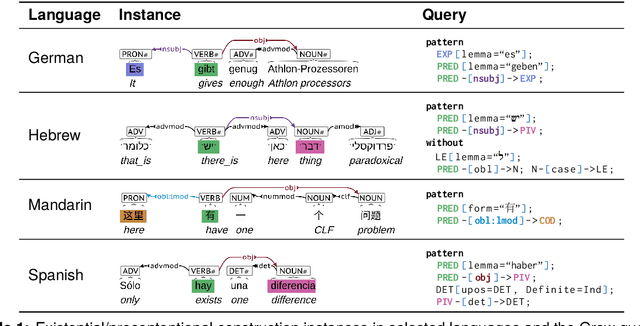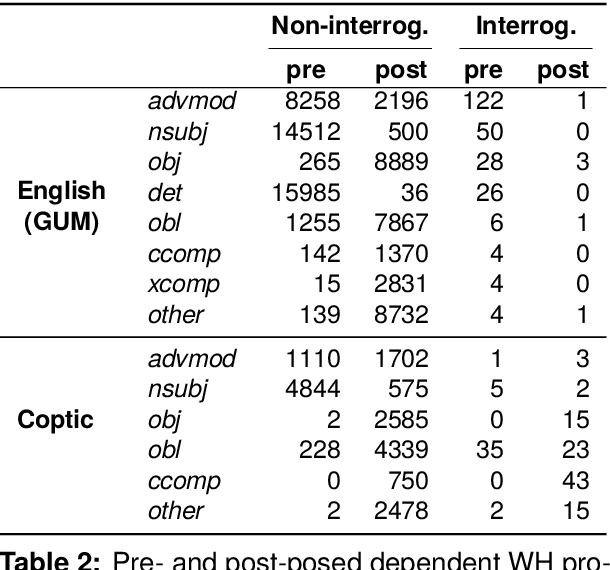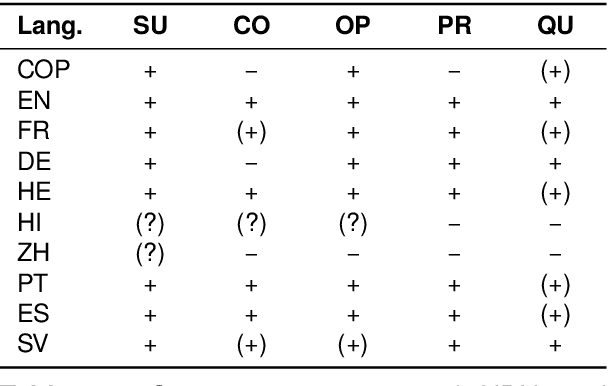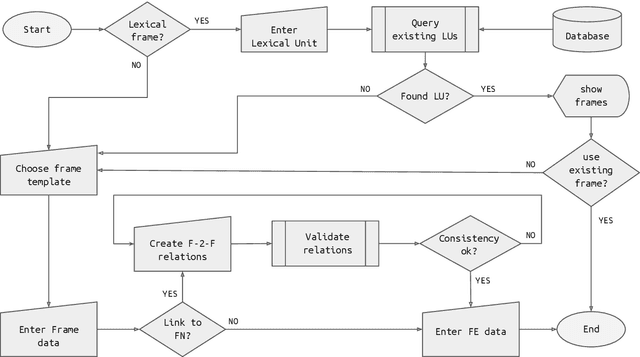Arthur Lorenzi
Frame Semantic Patterns for Identifying Underreporting of Notifiable Events in Healthcare: The Case of Gender-Based Violence
Oct 30, 2025Abstract:We introduce a methodology for the identification of notifiable events in the domain of healthcare. The methodology harnesses semantic frames to define fine-grained patterns and search them in unstructured data, namely, open-text fields in e-medical records. We apply the methodology to the problem of underreporting of gender-based violence (GBV) in e-medical records produced during patients' visits to primary care units. A total of eight patterns are defined and searched on a corpus of 21 million sentences in Brazilian Portuguese extracted from e-SUS APS. The results are manually evaluated by linguists and the precision of each pattern measured. Our findings reveal that the methodology effectively identifies reports of violence with a precision of 0.726, confirming its robustness. Designed as a transparent, efficient, low-carbon, and language-agnostic pipeline, the approach can be easily adapted to other health surveillance contexts, contributing to the broader, ethical, and explainable use of NLP in public health systems.
Evaluating the Impact of LLM-Assisted Annotation in a Perspectivized Setting: the Case of FrameNet Annotation
Oct 29, 2025Abstract:The use of LLM-based applications as a means to accelerate and/or substitute human labor in the creation of language resources and dataset is a reality. Nonetheless, despite the potential of such tools for linguistic research, comprehensive evaluation of their performance and impact on the creation of annotated datasets, especially under a perspectivized approach to NLP, is still missing. This paper contributes to reduction of this gap by reporting on an extensive evaluation of the (semi-)automatization of FrameNet-like semantic annotation by the use of an LLM-based semantic role labeler. The methodology employed compares annotation time, coverage and diversity in three experimental settings: manual, automatic and semi-automatic annotation. Results show that the hybrid, semi-automatic annotation setting leads to increased frame diversity and similar annotation coverage, when compared to the human-only setting, while the automatic setting performs considerably worse in all metrics, except for annotation time.
UCxn: Typologically Informed Annotation of Constructions Atop Universal Dependencies
Mar 26, 2024



Abstract:The Universal Dependencies (UD) project has created an invaluable collection of treebanks with contributions in over 140 languages. However, the UD annotations do not tell the full story. Grammatical constructions that convey meaning through a particular combination of several morphosyntactic elements -- for example, interrogative sentences with special markers and/or word orders -- are not labeled holistically. We argue for (i) augmenting UD annotations with a 'UCxn' annotation layer for such meaning-bearing grammatical constructions, and (ii) approaching this in a typologically informed way so that morphosyntactic strategies can be compared across languages. As a case study, we consider five construction families in ten languages, identifying instances of each construction in UD treebanks through the use of morphosyntactic patterns. In addition to findings regarding these particular constructions, our study yields important insights on methodology for describing and identifying constructions in language-general and language-particular ways, and lays the foundation for future constructional enrichment of UD treebanks.
Lutma: a Frame-Making Tool for Collaborative FrameNet Development
May 24, 2022
Abstract:This paper presents Lutma, a collaborative, semi-constrained, tutorial-based tool for contributing frames and lexical units to the Global FrameNet initiative. The tool parameterizes the process of frame creation, avoiding consistency violations and promoting the integration of frames contributed by the community with existing frames. Lutma is structured in a wizard-like fashion so as to provide users with text and video tutorials relevant for each step in the frame creation process. We argue that this tool will allow for a sensible expansion of FrameNet coverage in terms of both languages and cultural perspectives encoded by them, positioning frames as a viable alternative for representing perspective in language models.
 Add to Chrome
Add to Chrome Add to Firefox
Add to Firefox Add to Edge
Add to Edge